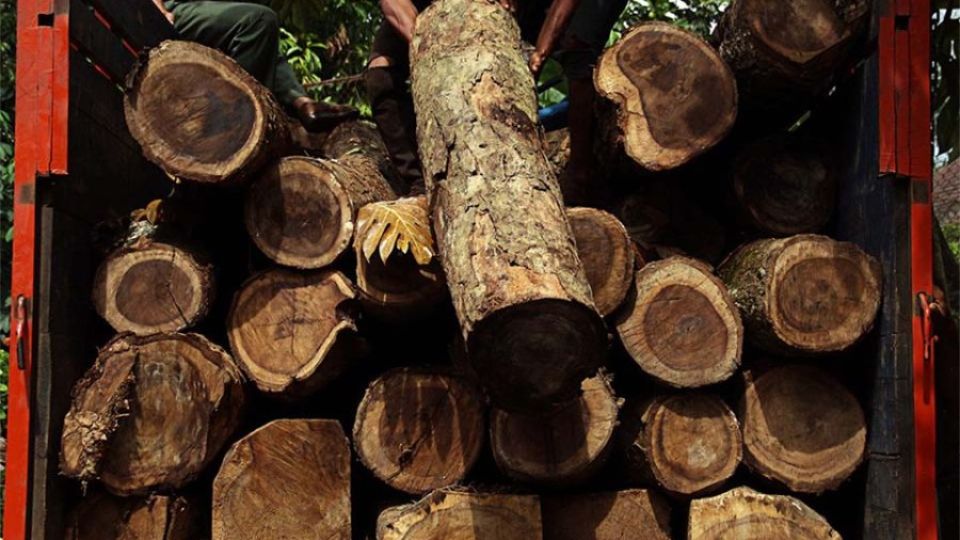September 3, 2024
JAKARTA – Has our country become a dumping ground for others? While the question might sound a little harsh, some developments suggest that the answer may be even harsher.
Imports of clothing and other products – some legal, others not – have long been a problem for domestic industries that are struggling to compete with the low prices of foreign-made goods.
Many consumers, of course, are happy to pick up some real bargains, but the government appears to be coming down on the side of the producers.
New regulations in areas from customs to e-commerce ban some goods from the country and make entry more costly for others, but many products still make it across the borders as importers go to great lengths to find a way into Indonesia’s appealing market.
Unsure how to deal with the huge amounts of illegal goods seized by the authorities, the government has raised eyebrows with a proposal to turn the contraband into industrial fuel for factories.
Apparently, the thinking is that that is cheaper – at least for the government – than destroying the imported goods, but the industries meant to benefit have dismissed the “strange” idea as impractical, telling this paper they are unprepared to make any good use of the material, which includes not just textiles but also all sorts of other goods.
Aside from the technical challenges, why would firms even bother to invest in the facilities to make use of materials that – according to government plans – will eventually stop coming into the country?
Hence, the goods keep piling up for now.
Perhaps a better energy feedstock would be the growing paper and plastic scrap imports also finding their way into the archipelago. Paper scrap imports rose by 6 percent last year to 3.24 million tonnes, while plastic scrap imports skyrocketed 30 percent to 252,472 tonnes, according to official statistics.
But that stuff, too, keeps piling up, because much of it is not pure enough to be recycled and ends up in illegal dump sites.
China, once the largest importer of recyclable materials, put an end to the practice several years ago, and other countries of the region followed suit, which makes Indonesia even more important to Australia, the European Union and the United States, where most of the scrap material comes from.
On top of our own waste problems, we are also in the business of importing other countries’ waste.
Industry players and experts have called on the government to develop recycling industries as well as waste management infrastructure. That sounds simple enough, but we are not holding our breath because this issue has been going on for years with little progress made.
The issues of illegal goods imports and legal scrap imports must be dealt with separately, but they do have this in common: If we cannot properly process what is coming into the country, then it should not be coming in.
In the case of the illegal goods, there has got to be a better way than to destroy tonnes upon tonnes of brand-new goods. Their import may be illegal, but there is nothing wrong with the products themselves.
Nobody blinks an eye when some boxes of confiscated illegal liquor or narcotics go up in smoke, because those are social vices, but it would hurt to witness the destruction of large shipments of clothing or footwear that many Indonesians desperately need and cannot afford.
Also, in the age of the circular economy when we should be trying to reuse and recycle as much as possible, how could we justify not even using for the first time freshly manufactured products?
Finding a way to donate these to the poor, who could not buy them new, should do no damage to domestic producers, as long as leakage into the market is prevented.
Whether paper, plastic or clothing, what we do with the imported materials will determine whether we are a dumping ground or not.


